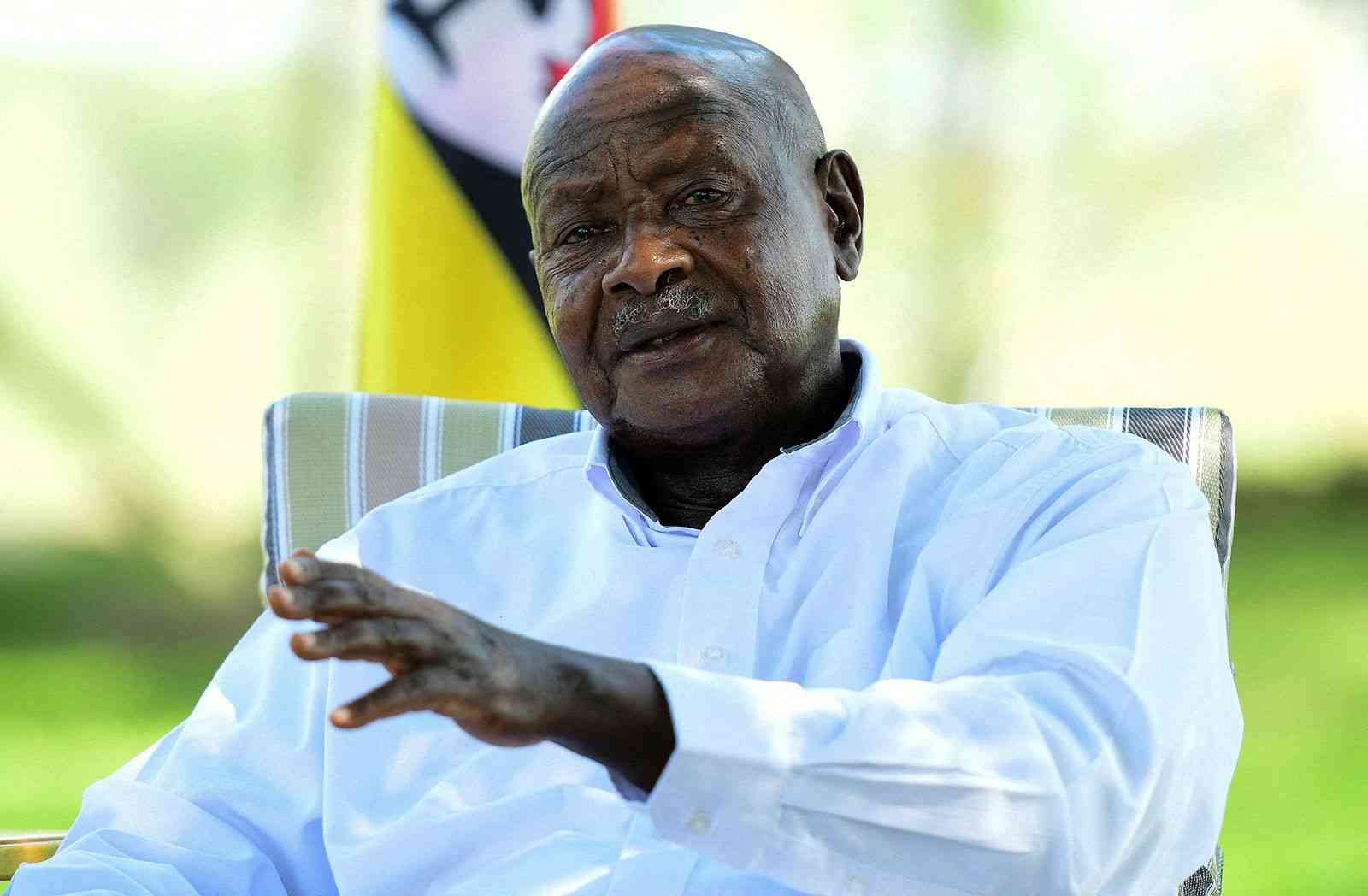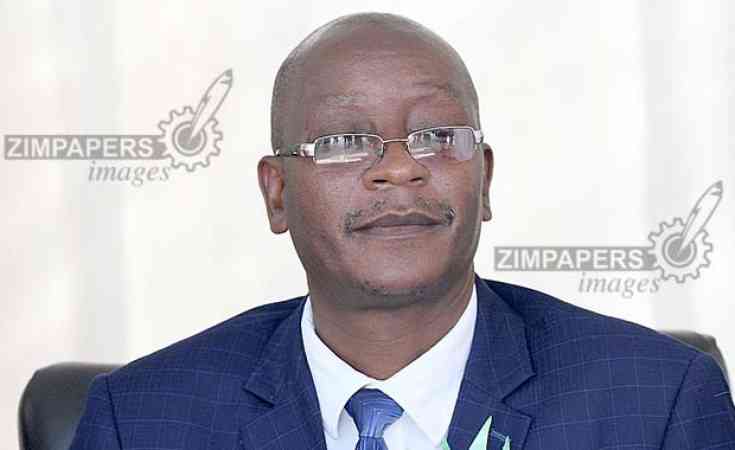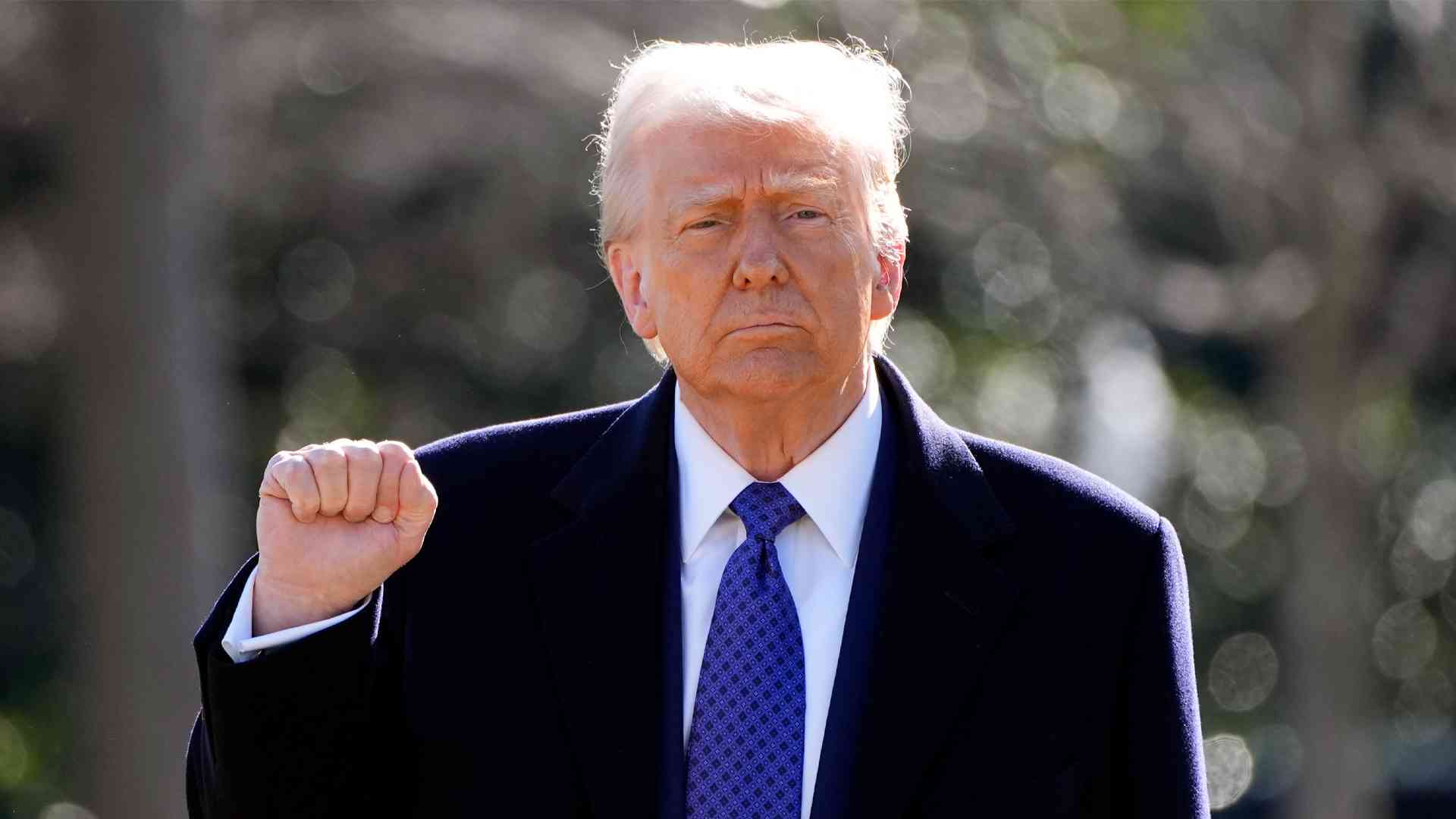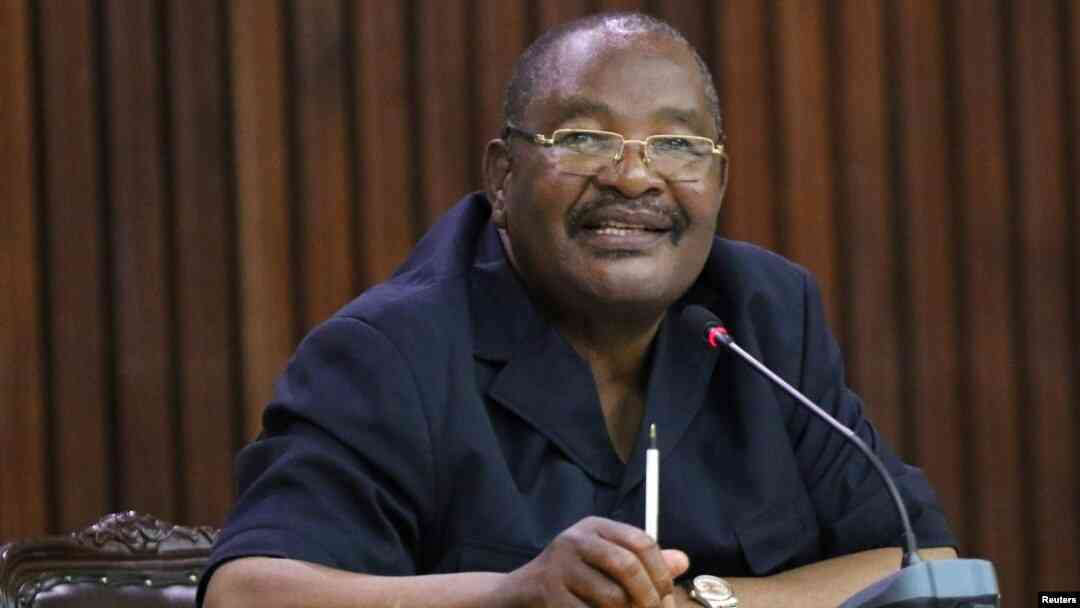
Since the re-introduction of the Zimbabwean dollar, as the official currency in Zimbabwe, other hard currencies, particularly the United States dollar, have taken turns to flex muscles against the local unit. The fiat currency has been depreciating against the US dollar since introduction resulting in rampant inflation in the economy.
The exchange rate loss has been exacerbated by a thriving parallel exchange market, which serves the need of the public to dispose of the local currency in place of a stable currency which is hailed for value preservation. This predicament triggered a tough reaction from the central bank in 2022 as authorities introduced a controversial contractionary monetary policy.
The policy is typical in nations aiming to stabilise currencies. However, in Zimbabwe it was controversial due to wrong timing as the nation was battling to recover from the impact of the Covid-19 which had led to redundancies in the economy as well as an impoverished demand level.
Following the promulgation of the policy, aggregate demand further dampened together with confidence levels in the formal sector. Regulated financial markets suffered a bear run in the short-term. However, in the medium-term, the positive impact of the policy was gradually appreciated as seen by the notable disinflation in the second half of 2022 as well as a slow-down in exchange rate loss.
In a bid to ensure the success of the contractionary monetary policy, the government introduced austerity measures which included suspension of payments to local contractors, increment of borrowing costs, suspension of third-party funding of investment accounts, increment of capital gains on financial markets and the introduction of gold coins aimed at mopping up excess liquidity.
At the beginning of May, 2022, when the policy was introduced, the Reuters Auction market exchange rate stood at ZW$166, while the parallel market exchange rate was hovering at an average of ZW$400, which reflects a 141% premium between the two markets.
This paved room for arbitrage activities which had become a source of income for many in the highly informal economy. However, for seven months the efforts by the Reserve Bank of Zimbabwe (RBZ) to mop up excess liquidity and tighten money supply gradually yielded positively as parallel market activities were depressed.
By the end of November 2022, the auction market and the interbank exchange rate stood at ZW$655 respectively, while the parallel market rate was hovering at ZW$900, which reflects a premium of 37% between the two markets. With borrowing costs pegged at 200%, speculative borrowing from banks for arbitrage gains on currency markets was impracticable.
- Zimpraise to release album Number 13
- Hyperinflation headache for accountants
- Zimpraise to release album Number 13
- Hyperinflation headache for accountants
Keep Reading
However, in December the government opted to pay off the suspended contractors as agreed. The main reason for the initial suspension was to prevent flooding of the parallel market with the local currency as contractors chase value in a hard currency, which typically leads to currency depreciation as supply of the Zimdollar exceeds its demand. When the government paid off the contractors in December, the parallel market exchange rate skyrocketed to ZW$1 100 as of January 9, 2023, while the interbank rate stood at ZW$704, which reflects a 56% premium.
While the RBZ publicly warned the contractors not to resort to the parallel market, it can be concluded that the only way to sustain a stable exchange rate is to continue pinning down money supply.
The global economy is expected to grow by 2% in 2023, with, however, a 65% projected chance of a recession as global supply chains continue being disrupted while Covid-19 remains a threat. Therefore, with a recommended prolonged contractionary monetary policy, one could project a higher chance of economic recession in 2023 as economic activities fail to recover owing to shortage of liquidity. We therefore can only hope for the best, while we prepare for the worst economic outturn in 2023.
Duma is a financial analyst and accountant at Equity Axis, a leading media and financial research firm in Zimbabwe. — [email protected] or [email protected], Twitter: TWDuma_











